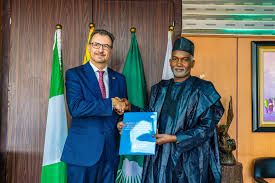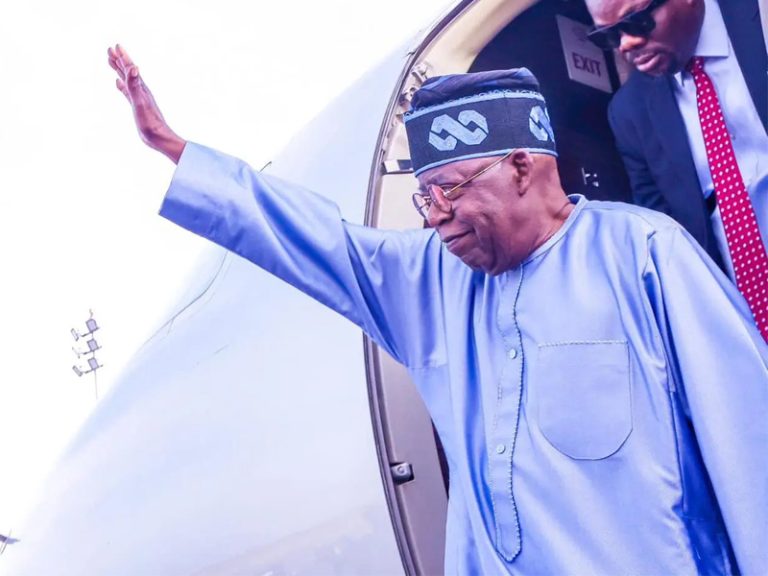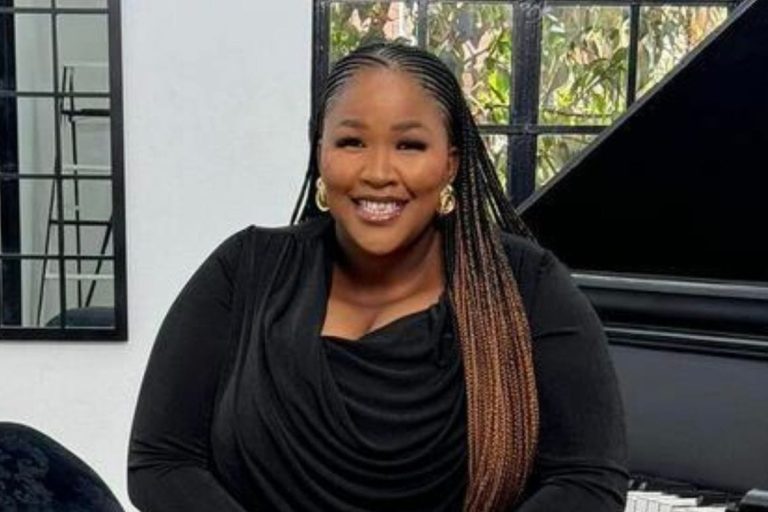
The World Health Organization (WHO) has appointed Pavel Ursu as its new Representative to Nigeria, reinforcing its commitment to strengthen health partnerships and improve healthcare outcomes across the country.
Nigeria’s Minister of Foreign Affairs, Yusuf Tuggar, welcomed the appointment in Abuja, describing it as an opportunity to “deepen collaboration with WHO under Ursu’s leadership.” Tuggar said the COVID-19 pandemic exposed critical health system gaps, underscoring the need for stronger domestic capacity in healthcare delivery and vaccine production.
He reaffirmed Nigeria’s commitment to Universal Health Coverage (UHC) and resilient health systems that ensure equitable access to care, noting that health security and diplomacy are now key elements of national development and foreign policy.
In his remarks, Ursu conveyed greetings from WHO Director-General Tedros Ghebreyesus and Regional Director for Africa Mohamed Janabi, and praised Nigeria’s achievements, including the eradication of wild poliovirus and nationwide immunisation campaigns that reached more than 106 million children.
He highlighted that WHO’s largest country office in Africa is in Nigeria, a reflection of the nation’s strategic importance in regional health development. Ursu outlined six focus areas for the WHO–Nigeria partnership: domestic health financing, primary healthcare and UHC, emergency preparedness, data and digital transformation, local manufacturing and innovation, and health diplomacy.
“Nigeria’s strength lies in its people, innovation, and reform-driven mindset,” Ursu said. “WHO will ensure our cooperation leads to measurable public health improvements. I am honoured to serve as WHO Representative to Nigeria.”
According to WHO, Ursu brings over two decades of international health experience, spanning leadership, programme implementation, and regional coordination across multiple WHO offices.



